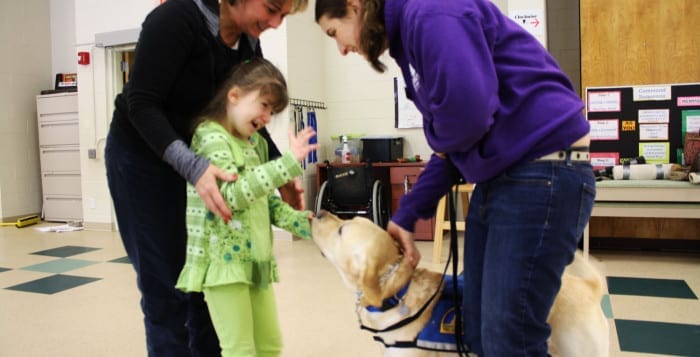By Nancy Burner, Esq.

While the beginning of the year is typically tax season, it is important to remember that property tax exemptions can be applied for at this time. There are different programs that homeowners should be aware of in order to potentially save with respect to property taxes.
Most individuals are familiar with the STAR program, which is the New York State School Tax Relief Program. Another program that people may not be as familiar with is the exemption for persons with disabilities. New York State offers local governments and school districts the ability to opt into a grant reduction on the amount of property taxes paid by qualifying persons with disabilities.
The eligibility requirements for this exemption is based on the individual’s disability, income, residency and ownership. For the disability component, the individual must demonstrate a physical or mental impairment that substantially limits the person’s ability to engage in one or more major life activity (e.g., walking, hearing, breathing, working). The applicant must submit proof of disability via an award letter from the Social Security Administration, an award letter from the Railroad Retirement Board, a certificate from the State Commission for the Blind and Visually Handicapped, an award letter from the U.S. Postal Service or an award letter from the U.S. Department of Veterans Affairs.
If the disability is not permanent, the applicant will be required to certify the disability each year. For the residency requirement, the property must be the “legal residence” of the disabled person and currently occupied by the disabled person. There is an exception for absence due to medical treatment. For the ownership requirement, all property owners must be disabled. The only two exceptions are for spouse- or sibling-owned property. In those cases, only one owner needs to be disabled.
With respect to the income eligibility, the basic exemption is a 50 percent reduction in the assessed value of the legal residence. New York State allows each county, city, town, village or school district to set the maximum annual income limit at any figure between $3,000.00 and $29,000.00. If the disabled person makes between $29,000.00 and $37,399.99, the localities can give a less than 50 percent exemption based on a sliding scale. Proof of income of the most recent tax year is required to be submitted with the application.
All income sources are countable except Social Security Income (SSI), Foster Grandparent Program Grant monies, welfare payments, inheritances, return of capital and reparation payments received by Holocaust survivors. Certain medical expenses can be used to offset gross income. For example, medical and prescription drug expenses that are not reimbursed or paid by insurance may be deducted from total income.
Additionally, if the owner is an inpatient in a residential health care facility, the monies paid by the owner, spouse or co-owner will not be considered income in determining the exemption eligibility. Each municipality may be more generous with the exception than others.
Finally, even if all requirements are met, if there are children living in the home and attending public school, the disabled owner is typically not eligible for the exemption. This can be waived by the school district under specific circumstances.
New York State sets out broad eligibility requirements that each municipality can narrow down. It is important to find out the exact requirements for your specific municipality to determine if you qualify for the exemption. The exemption for persons with disability can offer a substantial relief for those who qualify.
Nancy Burner, Esq. practices elder law and estate planning from her East Setauket office. Visit www.burnerlaw.com.








